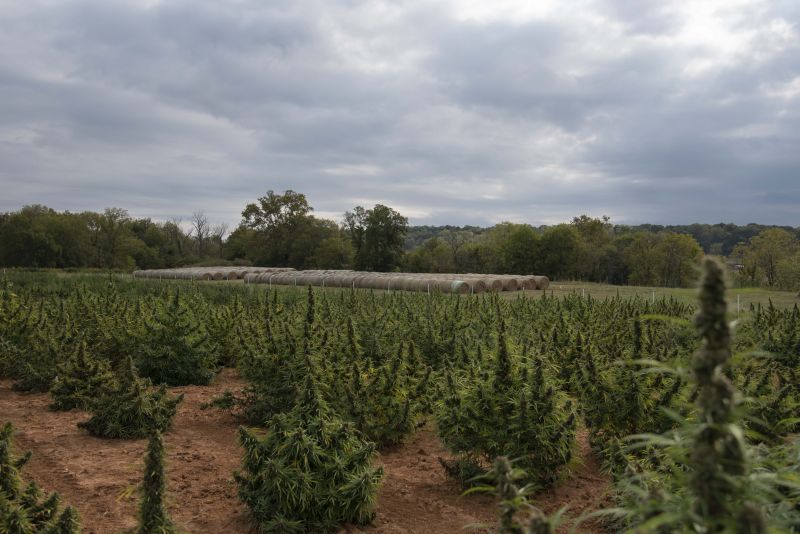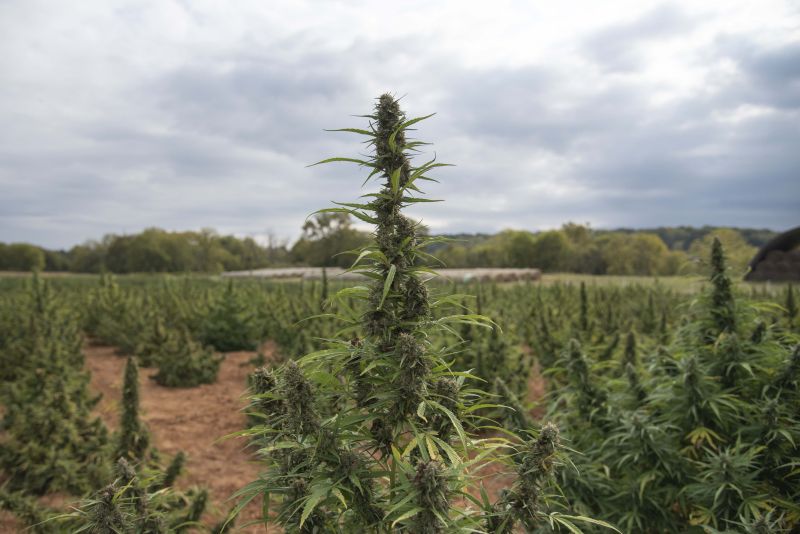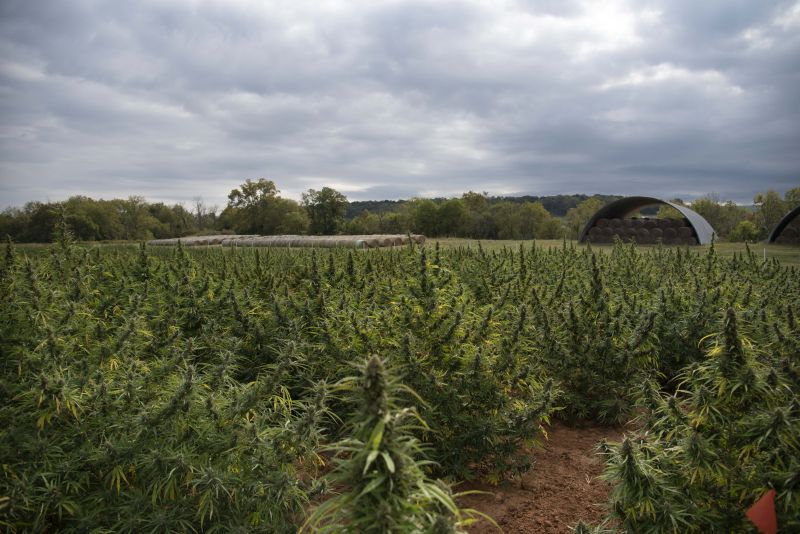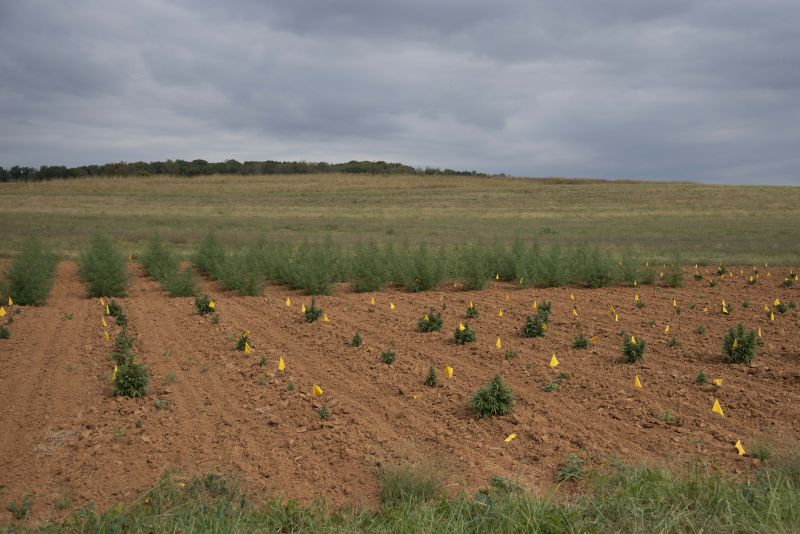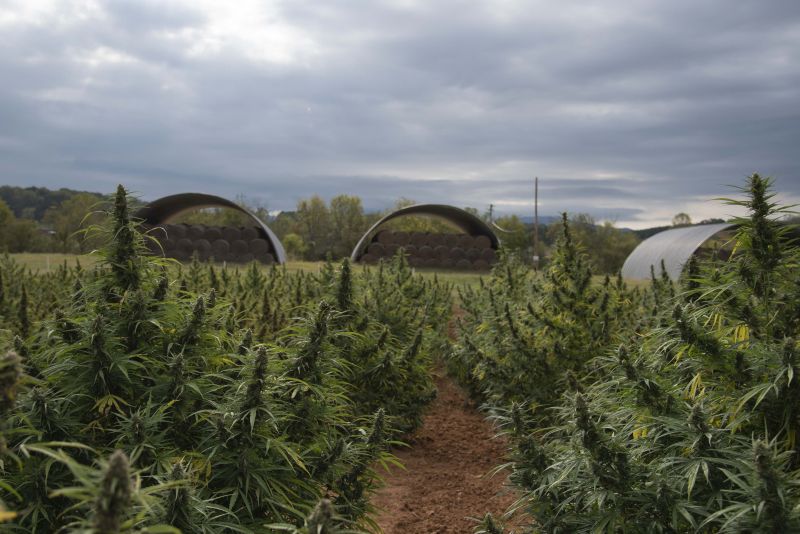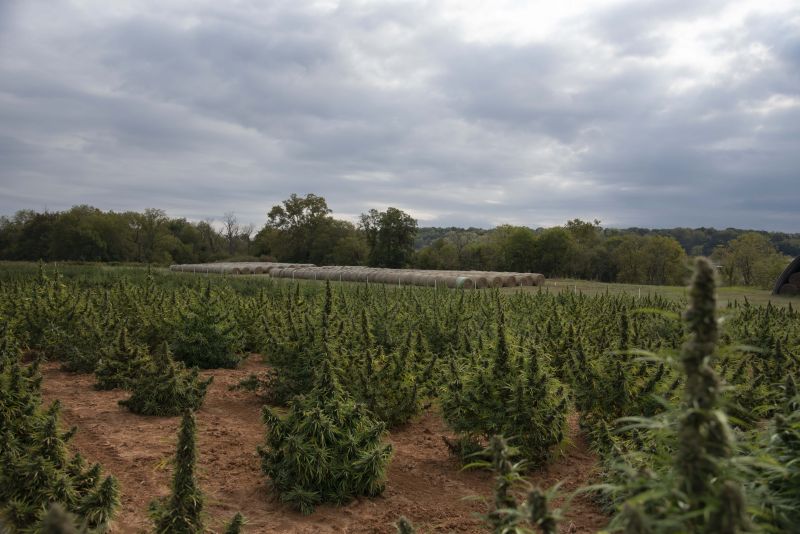In 2019, Tennessee had licensed production of 51,000 acres of hemp to 3,800 producers across the state. When compared to 2015’s 44 approved farmers, the level of excitement over the potential of this crop becomes clear. In this early stage of development there remains considerable uncertainty around markets, due in part to limited downstream processing operations and product demand. The dynamic environment along with other events in 2020 is expected to significantly lower the level of hemp production in Tennessee, although growers remain excited and optimistic for the future of the crop.
There is nothing more important than the knowledge and insight that is gained with the experience of each growing season. Improvements in genetics and agronomic practices are continuing, as are new product opportunities in markets ranging from materials to chemicals to energy. This recent article discussing the economic feasibility of hemp from USDA’s Economic Research Service may be of interest: Mark, T, et al. 2020. Economic Viability of Industrial Hemp in the United States: A Review of State Pilot Programs. USDA-Economic Research Service, Economic Information Bulletin Number 217.
